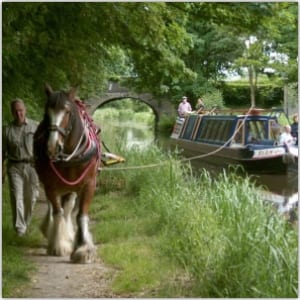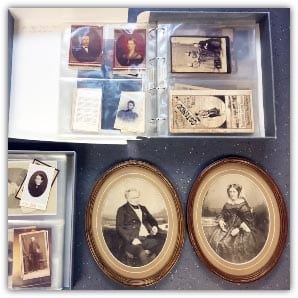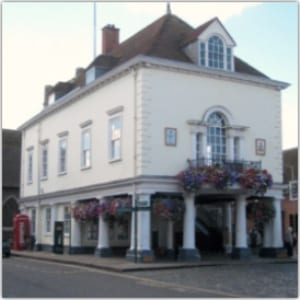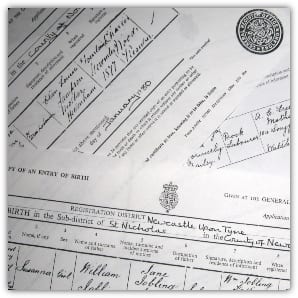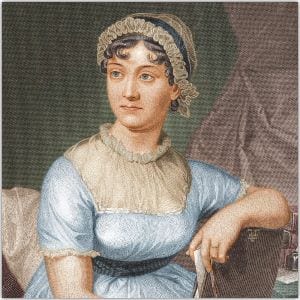Where there’s a will, there’s usually an argument
Reading Branch meeting 29th September 2022 Speaker: Sue Ellis Sue took us on a liberally illustrated look at wills, what they look like, what terminology they include and what information they can give a family historian. Wills were first recorded by the ancient Greeks mainly to explain how to dispose of a person's estate of there were no male heirs. Roman wrote wills too. 272-337AD saw the start of the church's involvement in wills. From the Middle Ages, there are two wills still in existence, those of King Alfred and his nephew. During this time wills were proved exclusively by ecclesiasts. Wills have been used to estimate that 60% of the country's population of 60,000 died in the black death. Wills cover land (real estate) which id 'devised' to beneficiaries, and personal estate (belongings, jewellery, clothes, furniture, etc.) which is 'bequeathed'. Prior to 1837, wills that included real estate only covered land that belonged to the testator up to the date of the…
